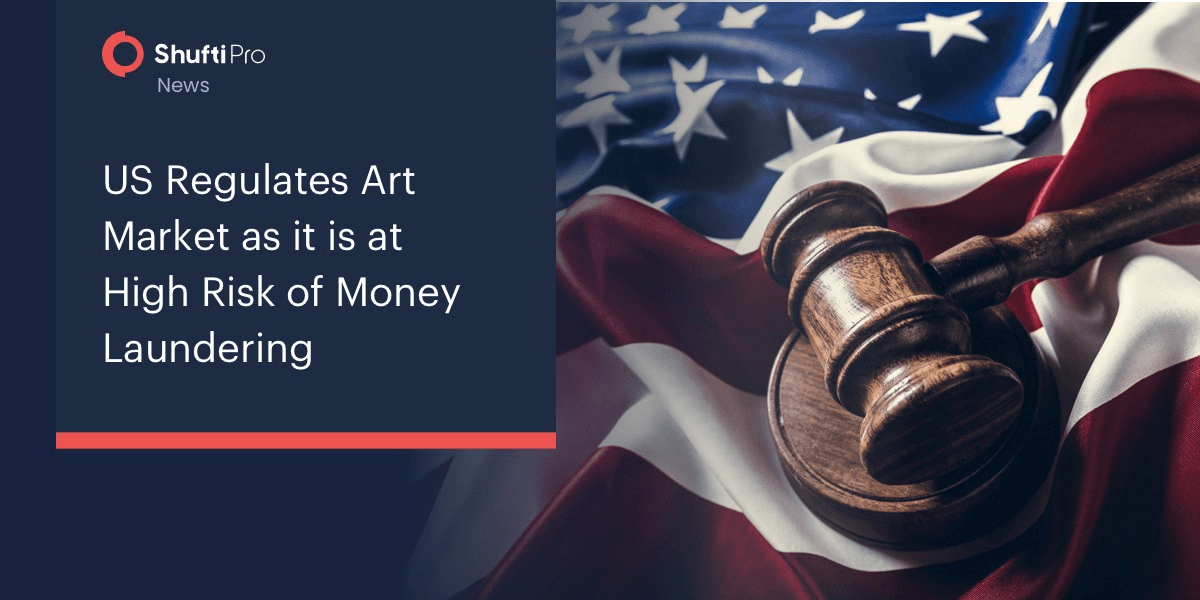US Regulates Art Market as it is at High Risk of Money Laundering

Law enforcement agencies across the globe have turned their attention to the use of high-value art in illicit financial flow. Criminals are using the antique art piece market to escape from financial regulations including Anti-Money Laundering (AML) and Counter-Terrorism Financing (CFT). A report by the US Senate Subcommittee highlighted how anti-money laundering sanctions have been circumvented by the art industry.
The US Government recently proposed new regulatory measures that will assist the art industry to avoid illicit activities. These new guidelines will have huge implications for the art collectors, art dealers, and anyone involved in the trade of art. Europe has already implemented similar regulations on the art market and sanctions regulations on the members of the market. The US government plans to enforce these regulations by the end of 2021.
In its report, The Art Industry and U.S. Policies that Undermine Sanctions, the U.S. Senate’s Permanent Subcommittee emphasised that the art industry is the largest legal industry that still remains to be unregulated in the country. The USA has been known to represent the largest art market of around $28.3 billion. It represents 44 per cent of the global art dealings.
The report also revealed that the art market norms are in support of secrecy and anonymity. The identity of the buyers or the source of income of the buyers is not normally questioned. After the report was published by the U.S Senates Permanent Subcommittee, the government issued a regulatory framework regarding the rising risks related to the high-value art dealings and modified the already existing anti-money laundering compliances for the art market. These significant measures might enforce the regulatory responsibilities on the art galleries, museums, auctions, art agents, art brokers, art collectors, and other members of the industry.
Ex-President Trump vetoed the upcoming regulations but Congress still approved the National Defense Authorization Act for the year 2021. This was a major step up for the USA against the money laundering and terrorism financing crimes in the jurisdiction. The new legislative measures expanded the term financial institution to widen the scope of money laundering preventive measures in various sectors.
The compliance of new AML guidelines also extends to, “a person engaged in the trade of antiquities, including an advisor, consultant, or any other person who engages as a business in the solicitation or the sale of antiquities.”
Those who fail to comply with these preventive measures will be subjected to penalties. Once the proposed regulations are formally introduced, the members of the art market will be formally asked their opinions regarding the scope of these regulations.

 Explore Now
Explore Now













